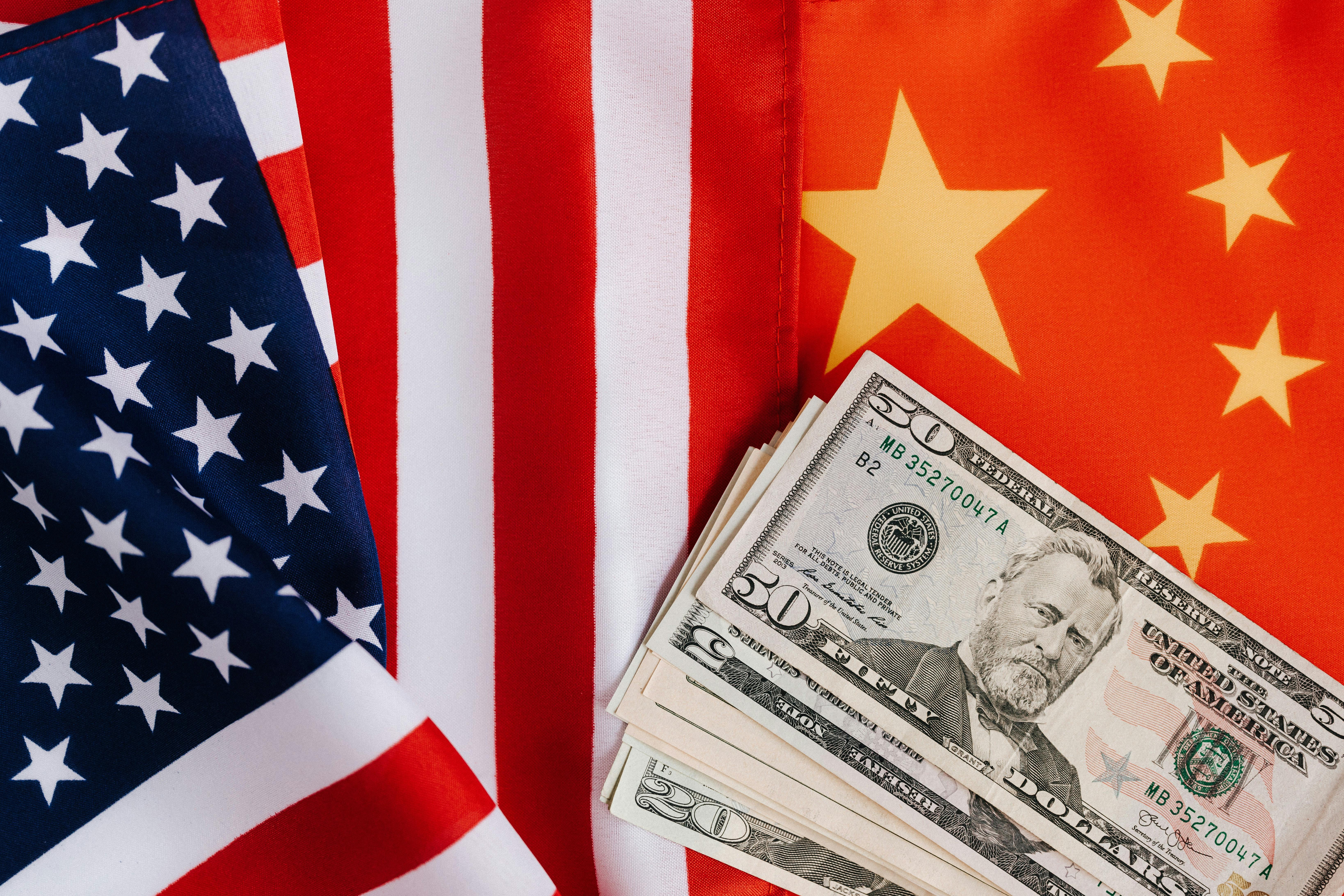NVIDIA's AI Chip Innovations for China: Overcoming U.S. Trade Restrictions

The global market for Artificial Intelligence (AI) chips sits at the epicenter of the ongoing trade conflict between the United States and China. Amidst these challenging circumstances, NVIDIA Corporation, the American multinational technology firm, has been executing a strategic maneuver that allowed it to extend its global footprint without getting mired in political or legislative wrangling. This tactic involves crafting specialized AI chips for the Chinese market, ensuring that the company continues to expand and thrive despite geopolitical high tensions.
Understanding the Dynamics of AI Chip Market in China
The burgeoning AI era demands a new kind of processor. Traditional CPUs, once the heroes of digital computation, aren't enough for the processing needs of AI and machine learning systems. AI chips, on the other hand, offer a robust and more efficient solution to meet these demands. These chips provide the massive computational power that AI functions require, making them an integral part of the respective market.
China, with its expansive tech industry and willingness to adopt AI at an unprecedented rate, stands as a significant player in this market. The country has expressed its intention to become a global AI superpower by 2030, necessitating vast numbers of AI chips. However, it heavily relies upon imports for these vital components, predominantly from American manufacturers that form the backbone of the global semiconductor industry.
NVIDIA's Strategic Genius Amidst Trade Barriers
In the wake of the ongoing US-China trade war, several American tech companies faced prohibiting regulations and tough restrictions on exports of AI technology to China. Against this gloomy backdrop, NVIDIA had to tread with strategic precision, considering its significant dependencies on the Chinese market for revenue, which accounts for over 25% of the company's total proceeds.
Instead of withdrawing from the market or trying to sidestep the restrictions, NVIDIA went for a rather unconventional approach. The company chose to collaborate with major Chinese cloud providers to craft specialized AI chips. These chips, while designed specifically for the Chinese tech industry, didn't technically break any American export laws since the majority of AI processing is done on NVIDIA's models in American servers rather than on Chinese soil.
The Art of Capitalizing on Collaborations
Collaborations with the Chinese tech giants allowed NVIDIA to keep its revenue stream buoyant without breaching any regulatory constraints. The partnerships entailed the utilization of Chinese companies' cloud infrastructure, where NVIDIA's chips would be utilized as 'Inference-as-a-Service' model. This model involved processing consumer data on American servers before sending the results back to China, thus adhering to the export law framework.
Companies like Alibaba, Tencent, and Baidu quickly embraced this innovative approach, unlocking a new revenue source for NVIDIA. These companies view NVIDIA as a viable solution provider that can circumnavigate geopolitics and ensure unhindered access to the required AI technology.
Conclusion: An Astute Play by NVIDIA
NVIDIA's strategic play in crafting AI chips for the Chinese market stands as a testament to the company's adeptness at thriving in challenging circumstances. By skirting around the export restrictions and taking advantage of the bustling Chinese AI market, NVIDIA has set a precedent for other tech companies facing similar global disruptions. Its ability to innovate and collaborate in challenging times exemplifies a strategic acumen that sets it apart in the AI chips market.
NVIDIA has successfully transformed a potential threat into a remarkable opportunity, proving that it's not just about building innovative solutions but also about finding new ways to get these innovations to the markets that need them most, regardless of the constraints. Indeed, this tech titan has shown how to turn adversity into advantage, offering a playbook for navigating international trade barriers.



